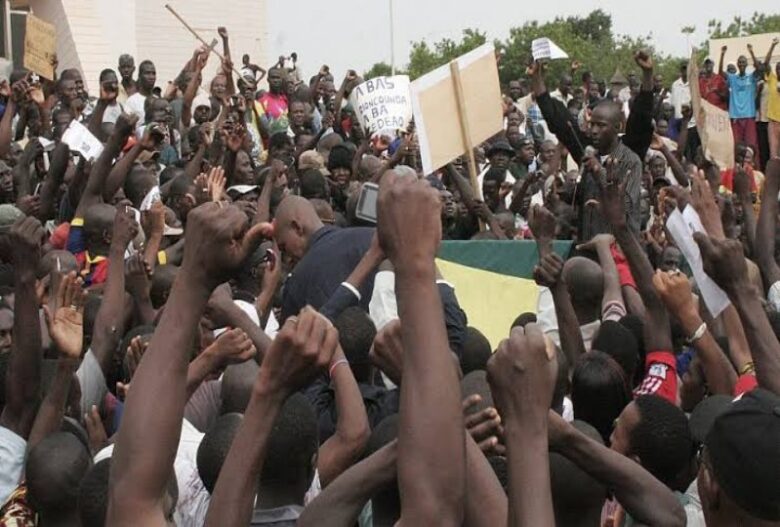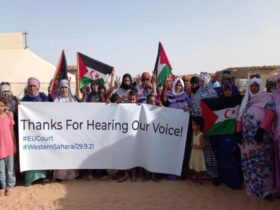This move aligns with other African governments’ efforts to suppress youth-led demonstrations against the rising cost of living.
According to the organizers, the protests were expected to attract over two million participants, calling for President Nana Akufo-Addo to take stronger measures against corruption and improve living conditions.
Additionally, they aimed to voice their frustration over the delays in enacting an anti-LGBT bill into law.
Granting a request from Ghana’s police, High Court Justice Abena Afia Serwaa approved a ban on several organizations from conducting protests planned between July 31 and August 6.
The police argued they lacked adequate personnel for security, as many officers are currently allocated to political rallies amid the election campaign.
Since mid-June, police crackdowns in Kenya have resulted in over 50 deaths and nearly 700 arrests. Demonstrators have taken to the streets to protest against tax increases proposed by President William Ruto, according to the Kenya National Commission on Human Rights (KNCHR).
President Ruto has dismissed his cabinet and withdrawn the tax bill.
Meanwhile, Last week in Uganda, young people rallied to protest alleged corruption and demand the resignation of the parliament speaker. Police halted the march and arrested over 70 people, according to a legal aid organization.
In Nigeria, the government recently offered youth jobs at the state oil company and substantial grants, among other incentives, to prevent protests.
This action was taken just days before a planned nationwide protest addressing poor governance and the high cost of living.
In Ghana, protest organizer Mensah Thompson asserted that elections should not prevent citizens from exercising their right to protest.
He stated, “Young people are ready to protest whether or not they have official approval.
“There will come a time when they will spontaneously take to the streets, and we might end up facing a situation like in Kenya.”
The Ghanaian economy deteriorated as the strain of extensive borrowing was amplified by the COVID-19 pandemic, the fallout from the Ukraine war, and increasing global interest rates.
As a major producer of gold, cocoa, and oil, Ghana has been restructuring much of its $30 billion external debt to stimulate a $3 billion, three-year bailout program from the International Monetary Fund and overcome its most severe economic trouble in a generation.
In December, Ghanaians will vote to select new legislators and a successor to President Akufo-Addo in an election expected to be highly competitive.









Got a Question?
Find us on Socials or Contact us and we’ll get back to you as soon as possible.